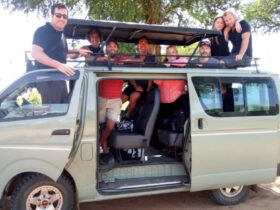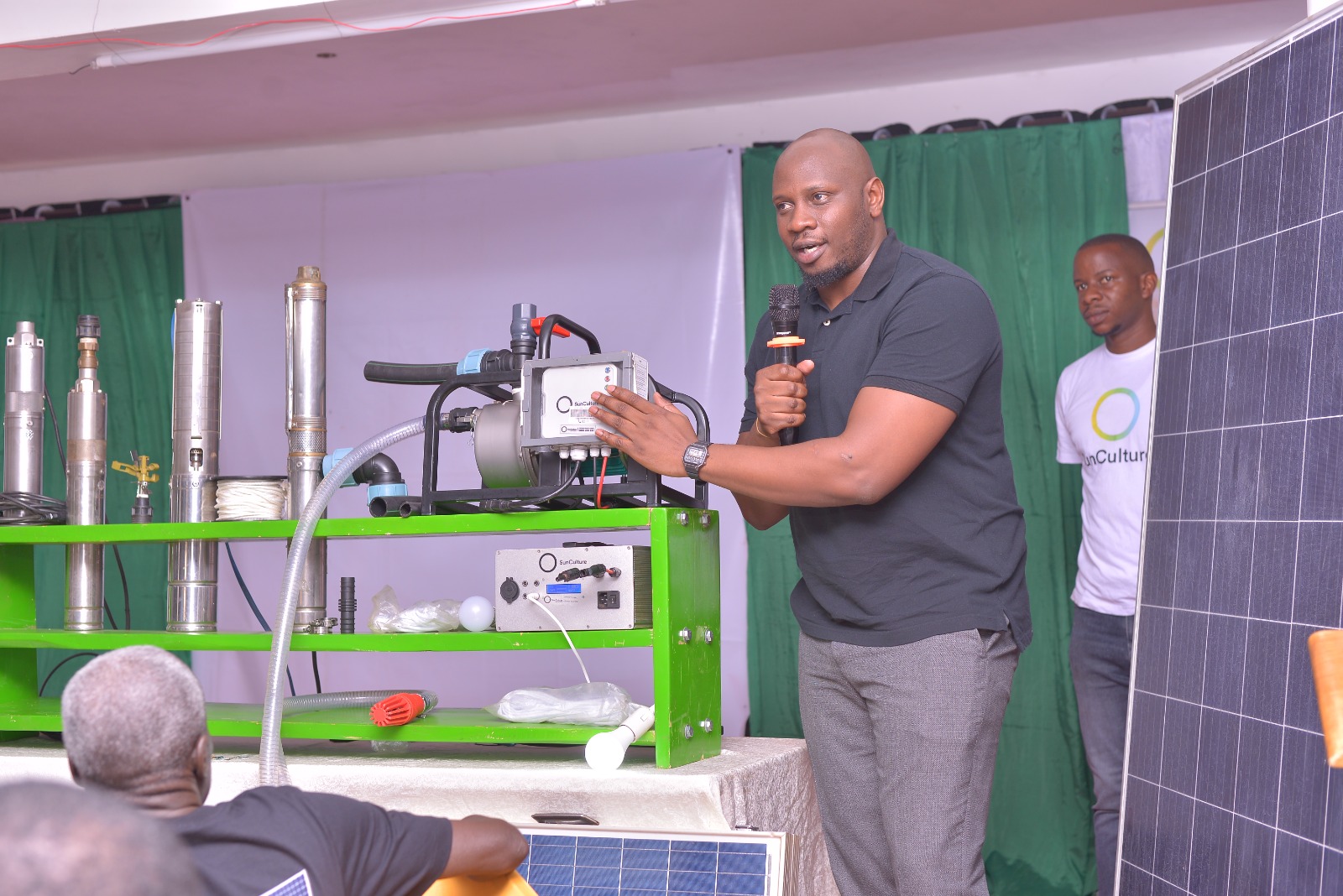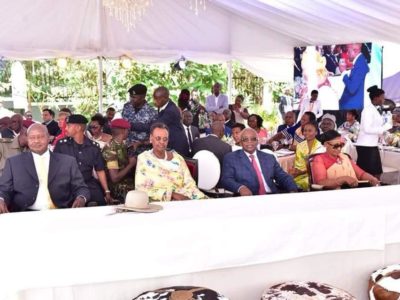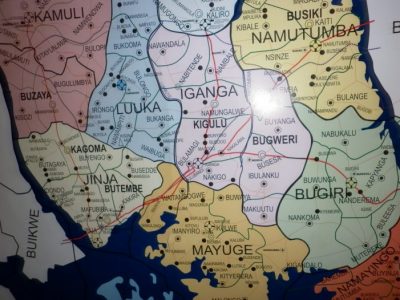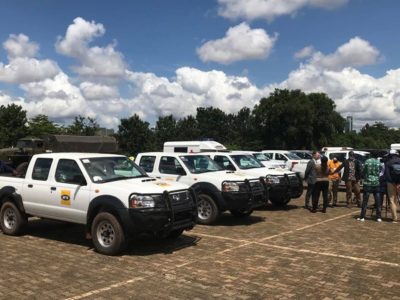In an impactful two-day workshop held at Nob View Hotel in Ntinda, Kampala, on March 18th and 19th, 2024, Sun-Culture, with logistical support from Uganda Solar Energy Association (USEA), initiated stakeholder consultations for the organization’s Uganda Carbon Credit Project. This initiative, operating under the theme “Improving Livelihood through the Power of the Sun,” brought together a diverse range of stakeholders from across Uganda with interest in food security and ecological sustainability.
The primary objectives of the workshop were to:
- Introduce stakeholders to Sun-Culture’s Carbon Project,
- Foster dialogue on the project’s goals, expected outcomes, and gather feedback and
- Establish a common understanding of Sun-Culture’s Carbon Project co-benefits and implementation framework.
Among the audience were over 200 participants who came from key government ministries such as Water and Environment, Energy and Mineral Development, Agriculture, Animal Husbandry, and Fisheries. The workshop also saw the participation of esteemed development partners like 1MTN, and the Uganda Revenue Authority, alongside representatives from solar companies affiliated with USEA. Farmer associations, community-based organizations, non-governmental organizations and developmental partners were also represented at the workshop.
A highlight of the workshop was the keynote address delivered by Mr. Opio Peter, a senior Climate Change officer representing Mrs. Margaret Mwebesa Athieno, Commissioner of Climate Change, Ministry of Water and Environment, who emphasized Uganda’s potential to mitigate climate change through renewable energy solutions. Mr. Opio outlined the government’s strategies and policies aimed at scaling up climate action, including the development of carbon regulations to guide initiatives like the Uganda Carbon Credit Project.
He underscored the importance of nature-based solutions in achieving emission reduction targets and called for collective action to safeguard the environment for future generations.
Throughout the workshop, industry experts from Sun-Culture provided valuable insights into the benefits of solar-powered systems, particularly in comparison to conventional alternatives, such as traditional diesel-powered systems.
Participants engaged in discussions on mitigation mechanisms, community-led solutions, and the role of carbon markets in promoting sustainable development.
A significant aspect of the workshop was community engagement, exemplified by interactive sessions on day two.
Local community members were trained on the usage and maintenance of Sun-Culture’s products, facilitating an exchange of experiences and concerns and fostering collaborative problem-solving.
As the workshop drew to a close, industry leaders issued a resounding call to action, urging stakeholders to champion renewable energy initiatives. The inception stakeholder consultation for Sun-Culture’s Uganda Carbon Credit Project represents a significant milestone in Uganda’s transition towards sustainable energy solutions.


